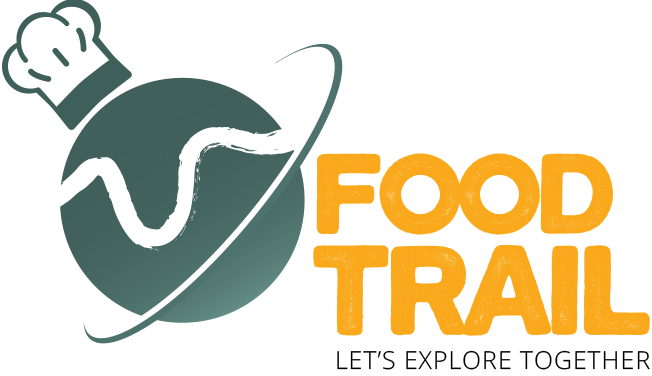Organic food – truths and myths
3 November, 2017

Organic food sales grow every year by few percent worldwide. Is it because of trend or conscious decision of the customers? How many of us really know what “organic” is and what are advantages and disadvantages of that farming method? I will try to bring you closer truths and myths about it.
We should start with answering the basic question, what products are called organic? According to The Department of Agriculture and Rural Affairs (DEFRA) :
Organic food is the product of a farming system which avoids the use of man-made fertilisers, pesticides; growth regulators and livestock feed additives. Irradiation and the use of genetically modified organisms (GMOs) or products produced from or by GMOs are generally prohibited by organic legislation.
Organic agriculture is a systems approach to production that is working towards environmentally, socially and economically sustainable production. Instead, the agricultural systems rely on crop rotation, animal and plant manures, some hand weeding and biological pest control.
So does it mean that organic food production doesn’t use any pesticide and is good for the environment and our health? Not exactly. Organic farms are allowed to use natural pesticides, which in theory are not so invasive for nature and human organism. Unfortunately, there is no research giving a direct answer on how big and what influence both types of substances they have in long-term consumption. What is sure, they both can bring some negative effects, although synthetic pesticides are under higher control system and regulations. What is more, non-synthetic pesticides are used in bigger quantities what can be more harmful to the environment and body. According to some sources level of pests and weeds in organic food is higher what rise as well the risk of occurrence of natural toxins – some of them much more dangerous than any synthetic substances. Furthermore, manufacturing of dairy products is a big contributor to greenhouse gases emission and organic farming elevate it even more in comparison to conventional methods.
On the other hand, possibility to be exposed to pesticide residue and antibiotics content in organic food is much lower. Also, animal breeding conditions are much more natural and as a result quality of their life.
What about the quality of food, taste and price? According to the researchers, there is no, or in some cases the small difference in nutritional elements between organic and conventional agriculture products. When it is coming to taste- it is very subjective and individual matter. In my opinion lack of GMO and growth hormone usage helps concentrate and intensify the flavour and, as an effect, give a better taste on a plate. Pricewise, conventional food is cheaper because of the lower production cost and effectively easier achievable for a majority of us.
Summing up, there is no straight answer which products should you choose. It all depends on your requirements, health awareness, financial situation and knowledge. You should always learn what you eat and make choice based on your research. There is plenty of other substitutes to choose from like free-range livestock, natural products, local farmers that can be a great alternative. The most important is that you have balanced diet that fits your needs.
Remember! The decision is yours!

Comments